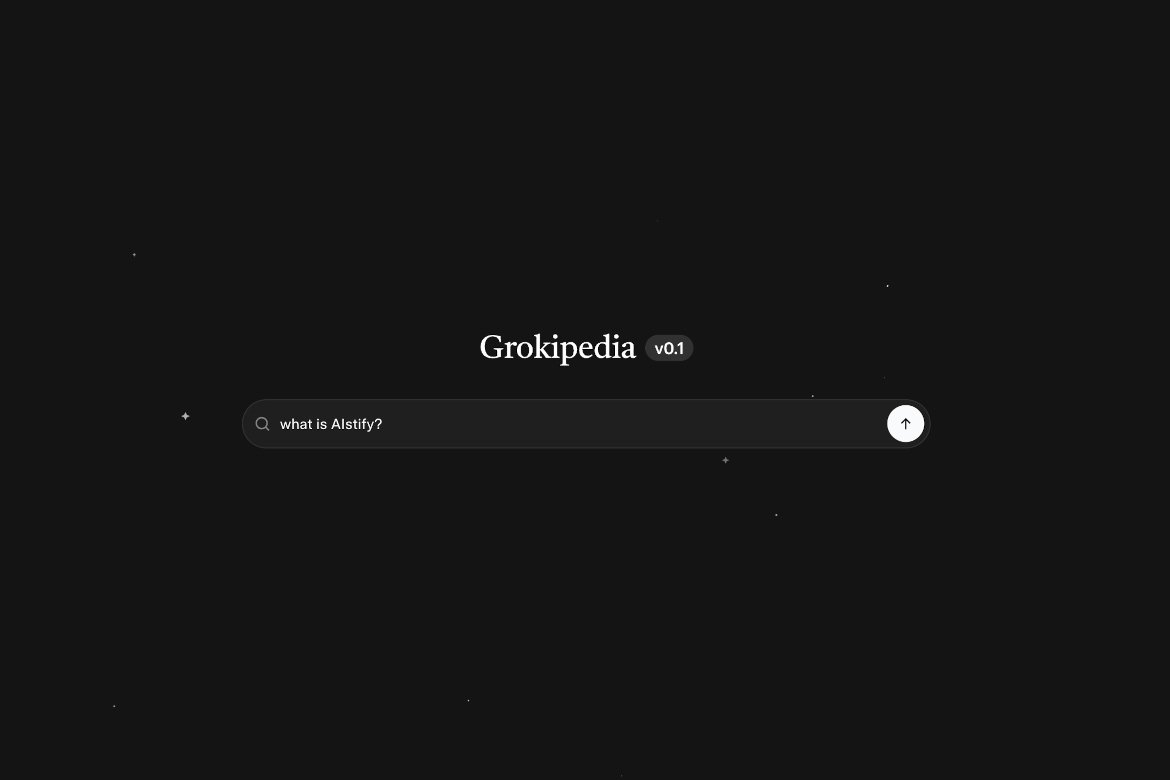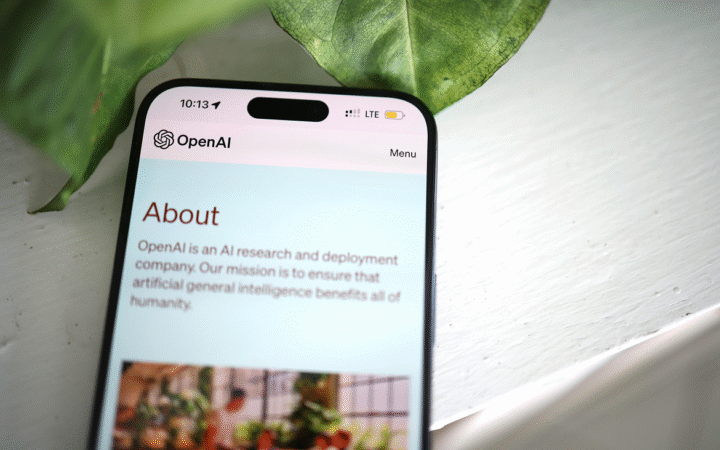
Elon Musk has launched Grokipedia, a new AI-powered encyclopedia built on his company’s Grok language model, positioning it as a direct alternative to Wikipedia. The platform, now live with more than 885,000 articles, promises “objective, bias-free information” curated entirely by artificial intelligence.
According to Musk, the purpose of Grokipedia is to provide “an objective presentation of facts without ideological distortion.” The entrepreneur has long criticized Wikipedia for what he calls political and cultural bias, and Grokipedia appears to be his answer — a system where algorithms, not editors, decide what qualifies as factual.
https://t.co/op5s4ZiSwh version 0.1 is now live.
Version 1.0 will be 10X better, but even at 0.1 it’s better than Wikipedia imo.
— Elon Musk (@elonmusk) October 28, 2025
Unlike Wikipedia, which relies on a global network of human contributors and consensus-based moderation, Grokipedia’s structure is fully automated. Users can submit suggestions and corrections, but the final decisions are made by the Grok AI system, not by a community of editors. The platform is open and free to use, designed to evolve through data-driven updates rather than editorial debates.
Early descriptions suggest that Grokipedia integrates Grok’s conversational capabilities, allowing users to query topics in natural language and receive dynamically generated summaries based on the AI’s understanding of verified sources. Over time, the system is expected to refine its knowledge base through continuous learning and contextual updates.
The launch underscores Musk’s ongoing campaign to challenge established digital platforms with AI-driven alternatives — from X (formerly Twitter) to xAI, his artificial intelligence company. Grokipedia, like Grok itself, aligns with his broader goal of building AI tools that reflect what he calls “truth-seeking intelligence,” in contrast to systems shaped by human bias or collective editing.
By positioning Grokipedia as a counterpoint to Wikipedia, Musk is inviting a philosophical debate about the future of knowledge: should the authority on facts belong to human consensus, or to machine reasoning?
As AI systems increasingly take part in content creation and curation, Grokipedia could become a test case for how artificial intelligence redefines trust, objectivity, and the nature of information itself.




